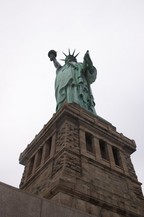
When their names came up in association with the St. Paul’s protests in London, I thought, “Haven’t any of these kids got a job yet?” They’ve been occupying things for about ten years. All that made a difference this time is that the media finally paid attention. I refused to attend the London occupation because I was worried about bumping in to people I know. They won’t like the fact that I now write for the Daily Telegraph and that I’m a hardcore “burn the witches” Catholic convert. I also seem to remember that some of them didn’t smell so good.
However, I was perfectly happy to drop by Zuccotti Park while I was passing through New York on a trip to see my publisher. It was a sad sight. As I wrote in the Telegraph, the media and journalists outnumbered protestors, and at least half the protestors were mentally ill folks looking for soup and shelter. A large proportion of the coherent demonstrators were foreign: always a bad sign. It suggests that they are part of that international jet set of anarchists that I knew at Cambridge. The Tea Party might have been crazy reactionaries, but at least they were American crazy reactionaries.
After a few hours standing in the rain taking photos of tattooed women climbing trees, I dashed back to my hotel to change for the evening. I was staying in a part of town I’m sure most of OWS has never visited. My hotel was next to an exposed subway track; the walls shook every time the 7 train passed by. I’d guess the hotel was used almost exclusively by ladies of the night: almost exclusively, because at breakfast I spotted a family of cornfed Alabamians tucking into their free oatmeal. All the other tables were populated by women in low cut tops who had stayed just the one night.
I threw on a suit and took the metro over to Park Avenue, for a cocktail party to celebrate my publisher’s 25 years in business. I promised myself that I’d stay thirty minutes and only drink OJ, but ended up polishing off two bottles of red and staying through to the bitter, bitter end. It was there that I had the good fortune to meet my boyhood hero, Steve Guttenberg. He’d written a book and was in town doing a show on Broadway. Growing up in the early 1990s, living on a diet of Blockbuster videos (how miraculous that technology seemed back then!), much of my understanding of the world outside West Kent came from watching Police Academy. Admittedly, they dropped off in quality after the first one (and about fifteen minutes into the first one, at that) but Steve seemed the acme of cool to me. Like the chivalric knight or the cheap detective, the wise guy lady killer remains a standard in heterosexual chic. The conversation was stilted because I was overcome with nerves, but the best bit went like this:
SG: What’s that on your lapel?
TS: It’s a badge for the British Red Cross.
SG: It’s shaped like a flower. Is it anything to do with Veteran’s Day?
TS: No it’s not, although I think you’re thinking of the poppies that we wear to commemorate the British dead in World War I. Although, actually the Poppy Appeal was started by an American nurse.
SG: Really?
TS: Yes, it was inspired by the poppies that grew where the soldiers fell on the battlefield.
SG: You know, we are really the first generation in history that has never experienced suffering like that. We’re the first generation who have never been called to kill or die for something.
TS: Yeah – instead we send other people to do it for us. And, of course, we fetishize anyone who acts like a killer.
SG: I’d love to see some of those hip hop guys spend ten minutes in the army, dodging real bullets. It’s one thing to rap about blood and guts but it’s a different ball game to actually see them.
TS: They sing about killing, but all they really do is eat pizza and smoke all day.
SG: Although, there’s nothing wrong with pizza and pot.
TS: No. Nothing wrong with that.
PAUSE
SG: You got any pot?
TS: No.
SG: Well, I hope you won't think I'm rude if I go and talk to someone else.
TS: Okay, bye.
Wow, I thought, Steve Guttenberg is kind of deep.
And now, as I write, I’m taking a train out of New York north to Boston. From a distance, New York is brown and beautiful. Even the railroad tracks seem to glitter in the morning sun. It takes just twenty minutes to hit open countryside and an hour to see the Atlantic. How loud and cruel it is, crashing mercilessly against the fishing boats. Above me are gulls and to the left, miles of reeds and silver pools of water. No wonder the Puritans thought New England was a gift from God. In the midday sun it is as pure and golden as it was when the Mayflower first landed. God bless America.
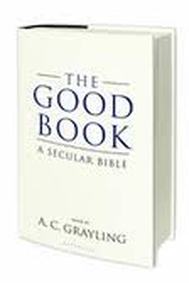
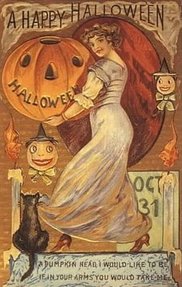
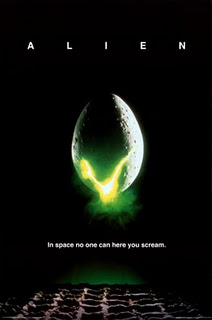


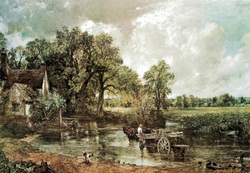
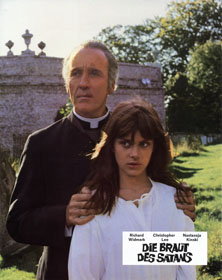

 RSS Feed
RSS Feed